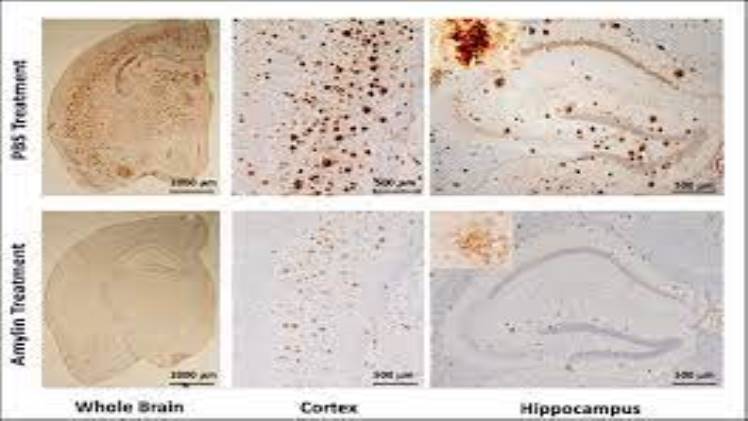Unraveling the Diagnostic Process of Alzheimer’s Disease: Understanding the Path to Diagnosis – Aspen Creek of Troy

Introduction:
Alzheimer’s disease is a progressive neurodegenerative condition that affects millions of people worldwide. Diagnosing Alzheimer’s disease can be complex and challenging, requiring a comprehensive evaluation of symptoms, medical history, and various diagnostic tests. Now we will explore what Aspen Creek of Troy has to say about the diagnostic process of Alzheimer’s disease, shedding light on the key steps and tools utilized by healthcare professionals to identify this debilitating condition.
Recognizing Early Warning Signs:
The diagnostic journey begins with recognizing the early warning signs of Alzheimer’s disease. These may include memory loss, difficulty with problem-solving or decision-making, confusion with time or place, challenges in completing familiar tasks, misplacing objects, changes in mood or personality, and withdrawal from social activities. Identifying these signs in oneself or a loved one prompts the need for further evaluation.
Primary Evaluation and Medical History:
The first step in the diagnostic process involves a comprehensive evaluation of the individual’s medical history and a detailed discussion of the observed symptoms. Healthcare professionals, such as primary care physicians or neurologists, will conduct interviews with the individual and their family members to gather information about the nature, severity, and progression of the symptoms.
Cognitive and Neurological Assessments:
Cognitive assessments are vital in determining the presence of cognitive impairment and evaluating memory, attention, language, problem-solving, and other cognitive functions. Neurological assessments may also be conducted to assess reflexes, muscle strength, coordination, and sensory responses, helping rule out other potential causes of cognitive decline.
Brain Imaging:
Imaging techniques, such as magnetic resonance imaging (MRI) or positron emission tomography (PET) scans, play a crucial role in the diagnostic process. These imaging methods help visualize the brain’s structure, detect any abnormalities or shrinkage, and identify patterns of amyloid plaques or tau tangles, which are characteristic of Alzheimer’s disease.
Laboratory Tests:
Laboratory tests, including blood tests, can be performed to rule out other conditions that may mimic symptoms of Alzheimer’s disease. These tests help identify factors such as vitamin deficiencies, thyroid dysfunction, infections, or metabolic abnormalities that could contribute to cognitive decline.
Additional Assessments and Follow-up:
In some cases, additional assessments may be recommended to further evaluate cognitive function. These assessments may involve specialized neuropsychological testing, which provides a more detailed evaluation of cognitive abilities and helps distinguish Alzheimer’s disease from other forms of dementia.
Collaborative Consultation and Diagnosis:
Diagnosing Alzheimer’s disease is a collaborative effort between healthcare professionals, including neurologists, geriatric specialists, and neuropsychologists. They review the collected information, evaluate the results of assessments, and consider the individual’s overall health to arrive at a diagnosis. The diagnostic process often involves ruling out other potential causes of cognitive decline before reaching a conclusion.
Monitoring and Reassessment:
It’s important to note that Alzheimer’s disease is a progressive condition. Following a diagnosis, regular monitoring and reassessment are crucial to track the disease’s progression, evaluate treatment options, and provide ongoing support to individuals and their families. Healthcare professionals will work closely with the individual to develop a personalized care plan that addresses their specific needs.
To sum up, diagnosing Alzheimer’s disease involves a comprehensive evaluation of symptoms, medical history, and various diagnostic tests. The process requires collaboration among healthcare professionals and an understanding of the individual’s cognitive functioning, medical conditions, and overall health. Early recognition and diagnosis of Alzheimer’s disease empower individuals and their families to plan for the future, access appropriate care and support, and make informed decisions regarding treatment options and lifestyle adjustments.





